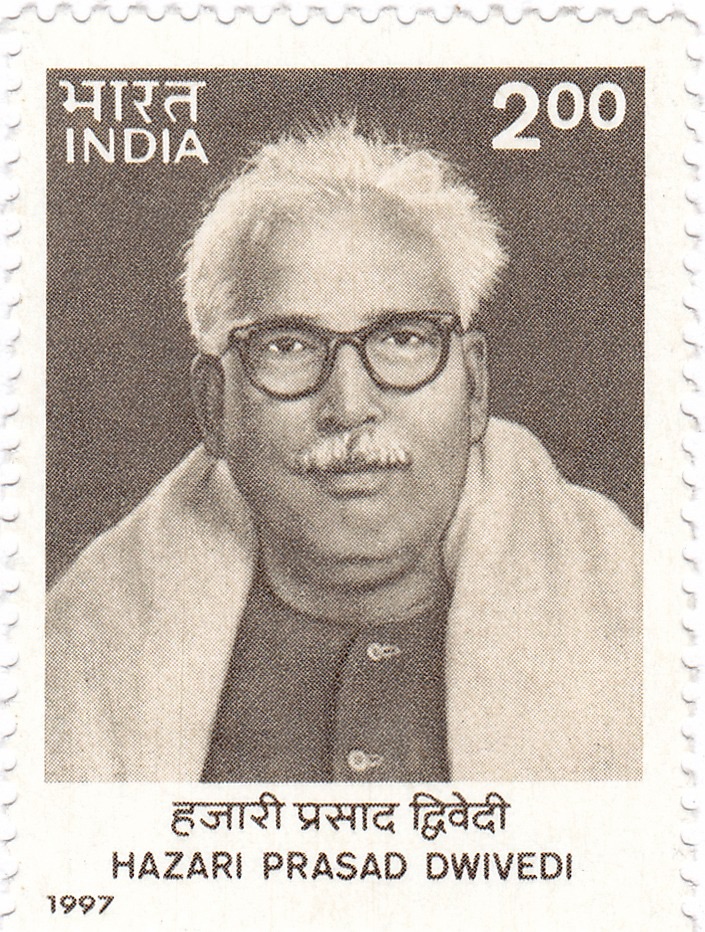Hazari Prasad Dwivedi: The Scholar Who Gave Hindi Literature a New Vision
By Amit Kumar
On 19 August 1907, in the small village of Dubey Chapra in Ballia district of Uttar Pradesh, was born a man who would go on to redefine the course of Hindi literature—Hazari Prasad Dwivedi. Belonging to a traditional family of astrologers, with his father Pandit Anamol Dwivedi a respected Sanskrit scholar, young Hazari Prasad inherited a deep intellectual grounding early in life. He studied Sanskrit and Jyotisha (astrology) with equal diligence, earning the title of Acharya in astrology and Shastri in Sanskrit. Later, he pursued higher studies and was awarded a doctorate in Hindi literature from the University of Lucknow in 1949.

His academic journey began at Visva Bharati, Santiniketan, in 1930, where he taught Sanskrit and Hindi for two decades. Immersed in the cultural and literary vibrancy of Shantiniketan, he developed close ties with Rabindranath Tagore and absorbed influences from luminaries such as artist Nandalal Bose and scholar Kshitimohan Sen. This exposure refined his aesthetic sensibilities and enriched his writings. Dwivedi went on to establish the Hindi Bhavana at Visva Bharati, serving as its head. After leaving Santiniketan in 1950, he taught at Banaras Hindu University before moving to Panjab University, Chandigarh, as Professor and Head of the Hindi Department.
As a literary historian and critic, Dwivedi authored pathbreaking works such as Sahitya Ki Bhumika and Hindi Sahitya Ka Adikala, which provided new direction to modern Hindi literary criticism. His historical studies like Kabir, Madhyakalin Dharma Sadhana, and Natha
Sampradaya remain authoritative texts on medieval Indian spiritual traditions. His exploration of Kabir’s philosophy is still regarded as a landmark in Hindi scholarship.
Dwivedi was also a gifted novelist. Works like Banbhatt Ki Atmkatha, Anamdas Ka Potha, Punarnava, and Charuchandra Lekha combined historical imagination with human sensitivity, making them enduring classics. Equally celebrated were his essays such as Nakhoon Kyon Barhte Hain, Ashok Ke
Phool, Kalplata and the acclaimed collection Alok Parva, for which he received the Sahitya Akademi Award in 1973.
For his immense contribution to Hindi literature, he was honored with the Padma Bhushan in 1957.
Hazari Prasad Dwivedi passed away on 19 May 1979, but his legacy endures. A scholar, critic, novelist, and thinker, he remains one of the finest torchbearers of Hindi’s literary tradition, a bridge between India’s classical wisdom and modern thought
